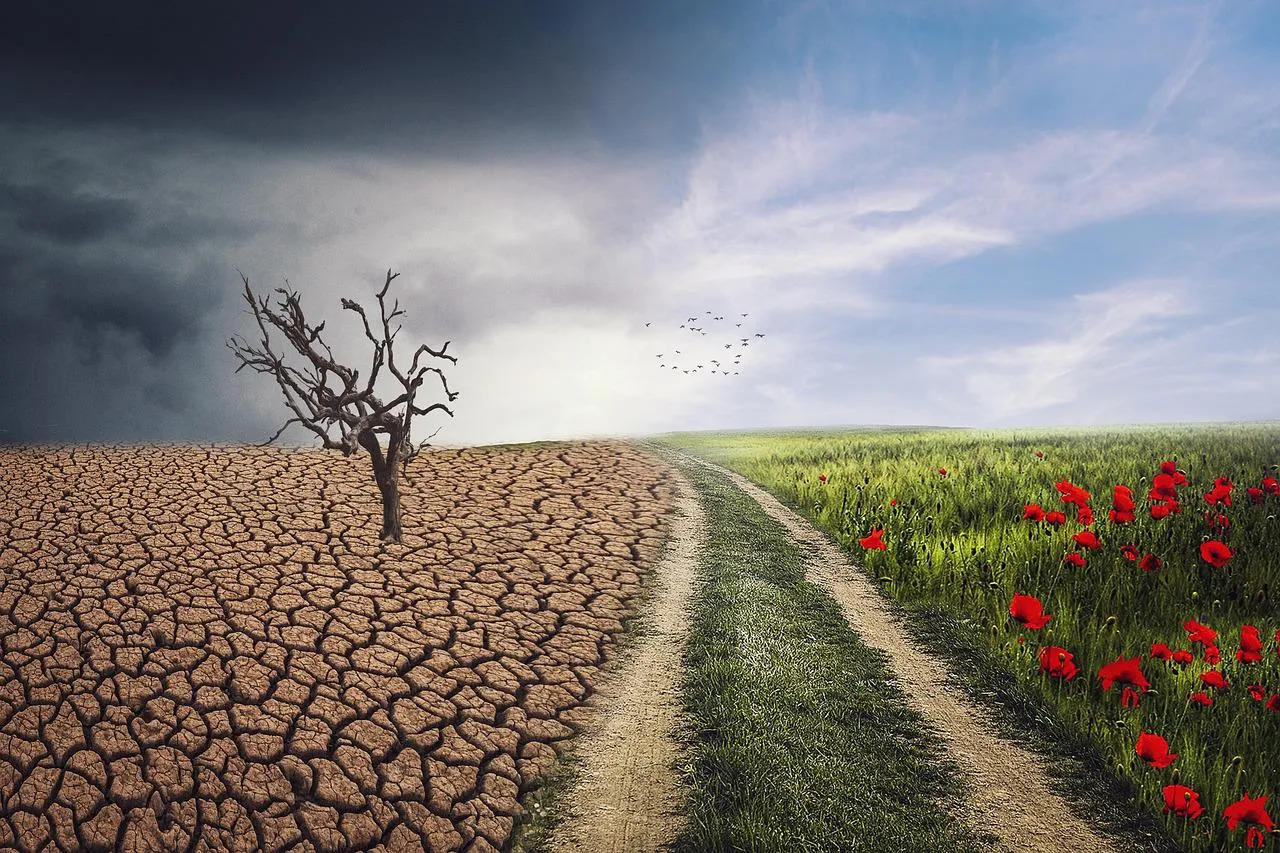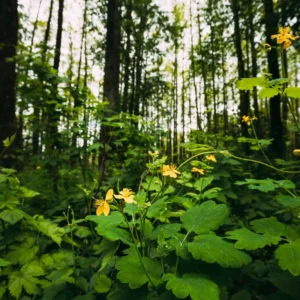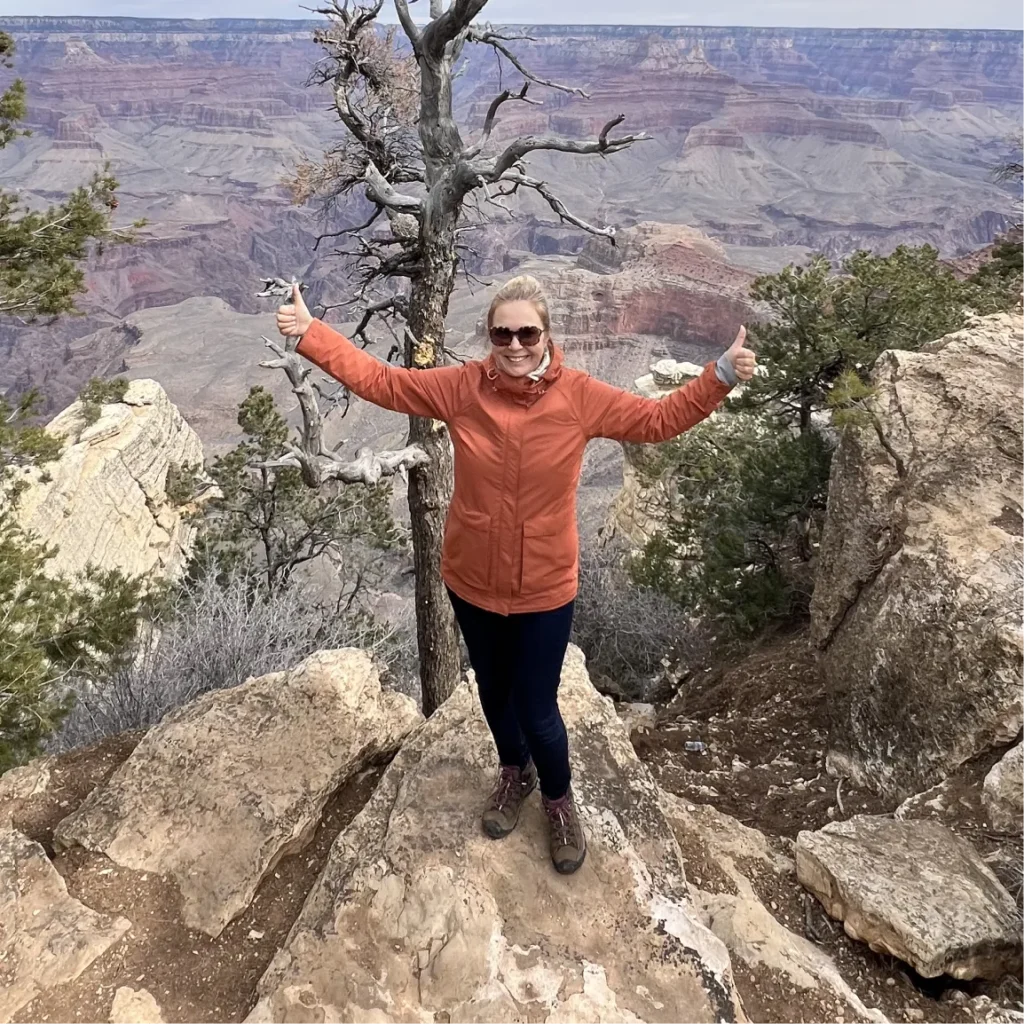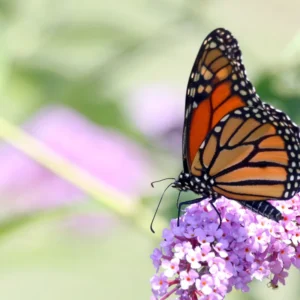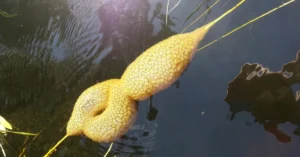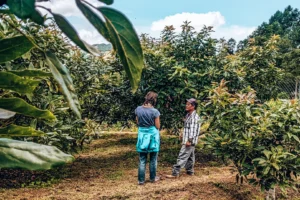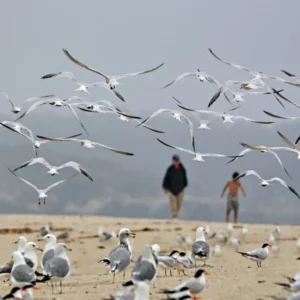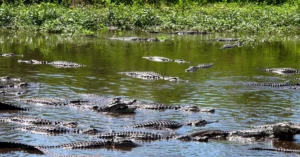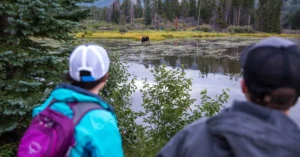Biodiversity is essential for life on Earth. It supports the air we breathe, the water we drink, and the food we eat. Yet, biodiversity loss and climate change are accelerating at an alarming pace.
Human activities like deforestation, pollution, and overfishing are major causes, while rising temperatures worsen the crisis.
These issues pose serious risks to ecosystems, economies, and human health. Without immediate action, the damage could become irreversible, threatening the planet’s future.
The Connection Between Biodiversity Loss and Climate Change
Biodiversity and environmental changes are closely connected. Climate shifts disrupt habitats, leaving species to adapt, migrate, or face extinction. Meanwhile, the destruction of ecosystems releases stored carbon, intensifying global warming. Coral reefs, forests, and wetlands are among the most affected.
Warmer oceans lead to coral bleaching, which destroys vital marine habitats. Deforestation releases carbon dioxide, accelerating global warming. Wetlands lose their ability to filter water and store carbon when damaged.
As biodiversity declines, ecosystems weaken, reducing their resilience to natural disasters. This impacts essential resources like agriculture, clean water, and air. The weakening of these systems directly affects human survival, highlighting the urgent need to protect biodiversity and its role in sustaining life.
How Biodiversity Loss Becomes a Health Crisis
Biodiversity loss and climate change are not just environmental issues but health crises. Here’s why:
- Zoonotic Diseases: Seventy-five percent of emerging diseases, like COVID-19, come from animals. These diseases often spread when humans disrupt ecosystems.
- Medicine: Many medicines, including cancer treatments, come from nature. Losing species means losing potential cures.
- Mental Health: Green spaces with diverse wildlife improve mental well-being. When Biodiversity declines, access to these spaces decreases.
The impacts are even greater for Indigenous communities, who rely heavily on Biodiversity for food, medicine, and cultural practices. Protecting Biodiversity is crucial for global health and well-being. Without action, ecosystems may become breeding grounds for future pandemics, putting global health at greater risk.
5 Steps Countries Must Take to Protect Biodiversity
Countries must act urgently to address biodiversity loss and climate change. Here are five critical steps they can take:
- Develop Strong National Biodiversity Plans: Nations must create and implement plans to conserve 30% of land and water by 2030. These plans should focus on protecting ecosystems, involving local communities, and promoting sustainable practices. Clear policies backed by funding and measurable targets are crucial for meaningful progress.
- Promote Sustainable Agriculture and Water Management: Agriculture drives deforestation and habitat loss. Countries must adopt sustainable farming techniques, reduce food waste, and shift toward plant-based diets. Managing water resources responsibly can also protect wetlands and aquatic ecosystems. Prioritizing agroforestry and organic farming can ensure food security while protecting nature.
- Provide Adequate Funding for Conservation: The global funding gap for nature protection is $700 billion annually. Wealthy nations and private sectors must invest in conservation projects, especially in developing countries that house critical ecosystems like rainforests and coral reefs. Redirecting subsidies from industries that harm Biodiversity, such as fossil fuels, can also provide much-needed resources.
- Empower Indigenous Communities: Indigenous people manage nearly half the world’s land and have some of the lowest deforestation rates. Recognizing and including their land rights in policy decisions are essential for conservation. Supporting Indigenous-led initiatives strengthens biodiversity efforts while respecting cultural heritage.
- Improve Monitoring and Accountability: Transparent systems to track progress are vital. Independent organizations can help hold governments accountable and guide improvements in conservation efforts. Data-driven approaches, such as satellite monitoring, can provide valuable insights into the state of ecosystems.
The Role of Individuals in Protecting Biodiversity
Individuals can also contribute to solving the crisis. Here’s how you can help:
- Support Sustainable Products: Choose eco-friendly goods and avoid products linked to deforestation.
- Reduce Waste: Minimize plastic use and recycle whenever possible.
- Be an Advocate: Spread awareness about biodiversity loss and climate change in your community.
- Travel Responsibly: Choose destinations and accommodations that prioritize sustainability.
Small actions by many people can lead to big changes. Every choice matters, whether reducing waste, eating sustainably, or supporting local conservation efforts.
The Economic Impact of Biodiversity Loss and Climate Change
Biodiversity loss and climate change also harm economies. Half of the world’s GDP depends on nature. Industries like agriculture, fisheries, and tourism rely on healthy ecosystems to thrive. Here’s what’s at stake:
- Agriculture: Pollinators like bees are vital for crops. Without them, the global food supply could collapse.
- Fisheries: Declining marine Biodiversity threatens the livelihoods of billions of people who depend on fishing.
- Tourism: Many destinations lose appeal when natural beauty fades. Tourism-dependent economies could see severe downturns.
Investing in biodiversity conservation protects the environment, strengthens economies, and creates jobs. Nature-friendly initiatives often benefit both people and the planet.
Examples of Progress Around the World
Despite the challenges, some countries are making progress:
- Brazil: Reduced Amazon deforestation by 36% in 2023 through stricter enforcement.
- Colombia: Halved its primary forest loss by empowering local conservation efforts.
- African Nations: Committed to restoring 100 million hectares of degraded land by 2030.
These examples highlight that meaningful change is possible when governments, communities, and industries work together.
Challenges in Addressing Biodiversity Loss and Climate Change
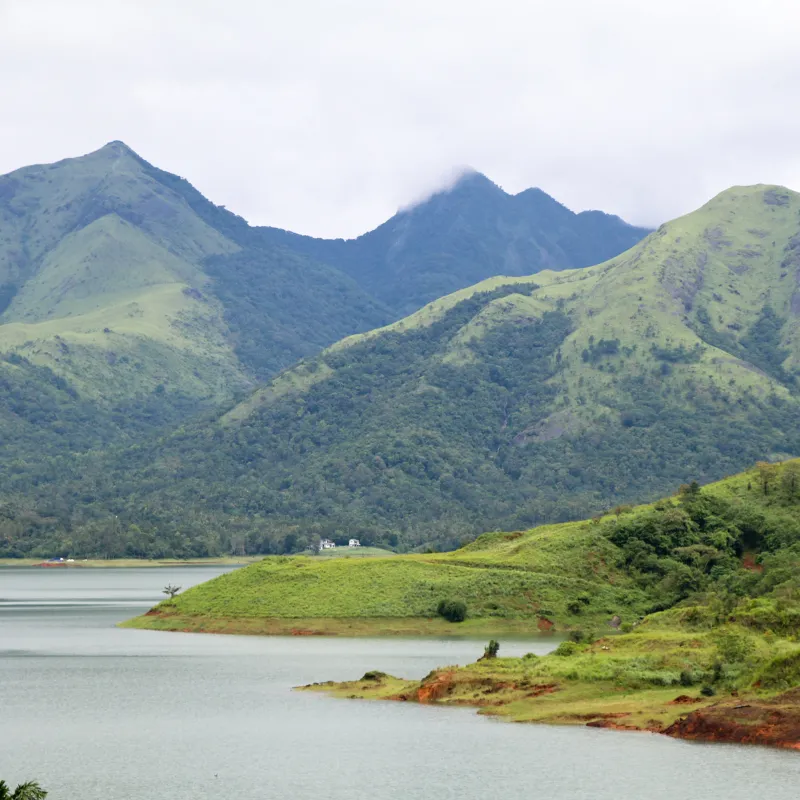
The road to addressing the biodiversity crisis is challenging. Many countries lack sufficient financial resources to invest in conservation efforts, which creates a significant funding gap. Economic development often takes precedence over environmental protection, leading to conflicting priorities that hinder progress.
Furthermore, the slow implementation of global agreements like the Kunming-Montreal Framework delays critical actions. Overcoming these barriers requires collaboration and sustained effort. Every stakeholder, from governments to grassroots organizations, must actively participate to ensure meaningful progress.
Why We Must Act Now
The combined effects of biodiversity decline and environmental changes are accelerating. If we don’t act, the consequences will devastate ecosystems, economies, and human health. Protecting Biodiversity is not just about preserving nature—it’s about safeguarding the foundation of life itself.
Conclusion
Biodiversity loss and climate change are urgent crises that demand immediate attention. They threaten ecosystems, human health, and global economies. However, with collective action, there is hope. Governments, businesses, and individuals all play a role in protecting the planet.
We can address these challenges by adopting sustainable practices, supporting conservation efforts, and holding leaders accountable. Biodiversity is the foundation of life, and protecting it is essential for a thriving future.
“Join the fight to protect our planet. Support conservation, adopt sustainable habits, and inspire others to take action. Together, we can make a lasting impact.”

